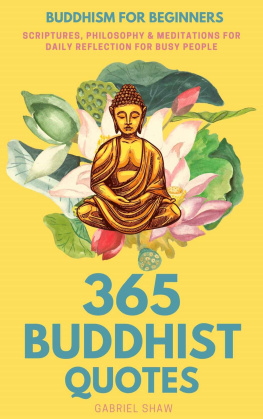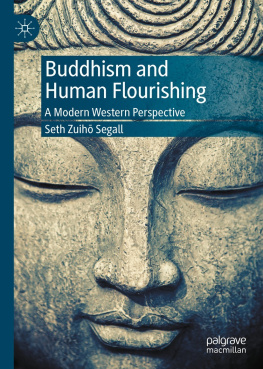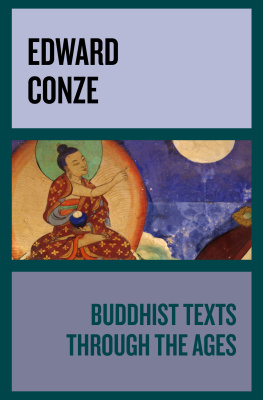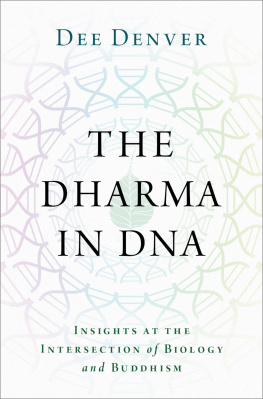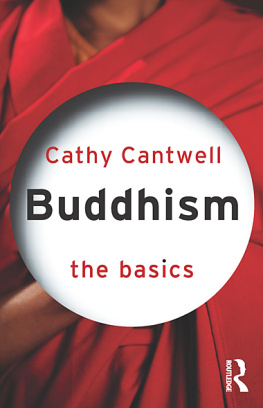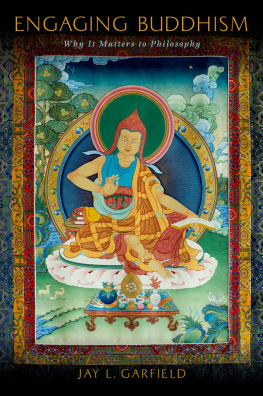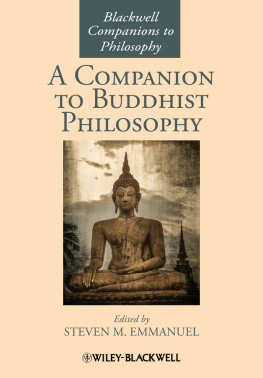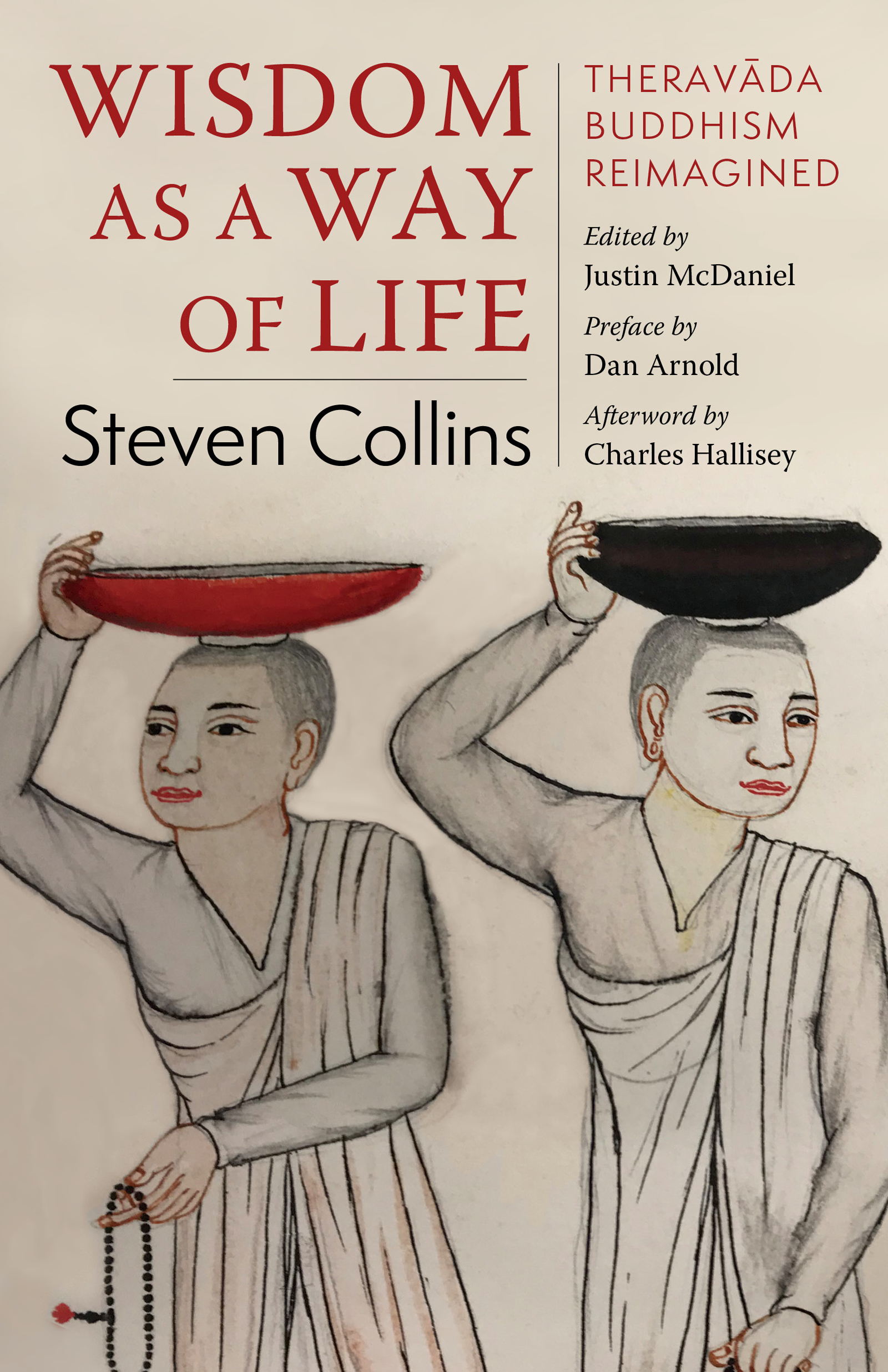Contents
Guide
Pagebreaks of the print version
WISDOM AS A WAY OF LIFE
WISDOM AS A WAY OF LIFE
THERAVDA BUDDHISM REIMAGINED
STEVEN COLLINS
EDITED BY JUSTIN MCDANIEL
PREFACE BY DAN ARNOLD
AFTERWORD BY CHARLES HALLISEY
Columbia University PressNew York

Columbia University Press gratefully acknowledges the generous support for this book provided by a Publishers Circle member.

Columbia University Press
Publishers Since 1893
New York Chichester, West Sussex
cup.columbia.edu
Copyright 2020 Columbia University Press
All rights reserved
E-ISBN 978-0-231-55204-2
Library of Congress Cataloging-in-Publication Data
Names: Collins, Steven, 19512018, author. | McDaniel, Justin, editor.
Title: Wisdom as a way of life : Theravada Buddhism reimagined / Steven Collins ; edited by Justin McDaniel ; preface by Dan Arnold ; afterword by Charles Hallisey.
Description: New York : Columbia University Press, 2020. | Includes index.
Identifiers: LCCN 2019049701 (print) | LCCN 2019049702 (ebook) | ISBN 9780231197205 (cloth) | ISBN 9780231197212 (paperback)
Subjects: LCSH: Buddhist philosophy. | Theravada Buddhism. | Anatman. | Self (Philosophy)
Classification: LCC B162 .C65 2020 (print) | LCC B162 (ebook) | DDC 294.3/91dc23
LC record available at https://lccn.loc.gov/2019049701
LC ebook record available at https://lccn.loc.gov/2019049702
A Columbia University Press E-book.
CUP would be pleased to hear about your reading experience with this e-book at .
Cover design: Milenda Nan Ok Lee
Cover image: Photo by Justin McDaniel
CONTENTS
- DAN ARNOLD
- JUSTIN THOMAS MCDANIEL
- CHARLES HALLISEY
DAN ARNOLD
T his book represents the last contribution to Buddhist studies and to the intellectual histories of civilizations by Steven Collins (19512018). Steve had finished a complete first draft only a few months before his untimely death in February 2018 and had gone as far as to circulate the manuscript among a number of close colleagues and friends. Among those who would have first seen the complete draft was this books editor, Justin McDaniel, who had already started profusely commenting on the manuscript before it fell to him to facilitate its posthumous publication. Steve knew his manuscript needed revision, but he was already confident in thinking it would be generatively provocative, and also in announcing it as his last scholarly contribution. (Steves untimely death is all the more poignant given how greatly he was looking forward to a retirement spent reading novels and rereading Western philosophers, not to mention spending time with his grandchildren.)
A world-renowned scholar of the Pli Buddhist traditions of South and Southeast Asia, Steven Collins was at the time of his death the Chester D. Tripp Professor in the Humanities in the Department of South Asian Languages and Civilizations and in the Divinity School at the University of Chicago, where he spent almost three decades of his influential career. As suggested by Charles Halliseys afterword to the present book, the distinctive scholarly contributions Steve made over the course of his career find their fullest expression in a triptych of books, of which this is the third. The first, rewritten from a 1979 Oxford doctoral thesis, was published by Cambridge University Press as Selfless Persons: Imagery and Thought in Theravda Buddhism in 1982, almost a decade before Steves 1991 appointment at the University of Chicago. (Prior to coming to Chicago, he had taught at Indiana University and Concordia University.) Given the particular importance that Selfless Persons had for me, I am inclined to begin situating the present volume by saying a few words about Steves first book, and about the history of my acquaintance with its highly accomplished author.
Selfless Persons first came across my radar screen some ten years after its publication, at around the same time that Daniel Dennetts Consciousness Explained was published (1991). For me, that was toward the end of a desultory and ultimately abortive stint as a graduate student at Columbia University, and my simultaneous discovery of these two books was galvanizing; taken together, they helped me realize that it was not history but philosophy that really interested me. I left Columbia and spent some five years working at Denvers Tattered Cover Bookstore, where I had the mental space to do some significant intellectual retooling; an inordinate percentage of my pay went for books in Buddhist and modern Western philosophy. My early karmic connection with Steves work was maintained in those years by part-time work toward a masters degree at the Iliff School of Theology, where I worked not only with Jos Cabzon (whom I knew from his teaching at Carleton College my junior year) but also with Paul Griffiths, who taught a course at Iliff during the summer of 1993. Paul, it turned out, had among his colleagues at the University of Chicago none other than Steven Collins, and it was therefore natural that my intellectual retooling should unfold in tandem with the thought that I ought perhaps to study in the University of Chicago Divinity Schools program in Philosophy of Religions.
So when I came to scout Chicagos program a year before my matriculation there in 1997, I was particularly eager to meet Steve, whose Selfless Persons had played so central a role in facilitating my recent process of intellectual discernment. Ill never forget our first meeting. By then resolved to undertake doctoral studies in Buddhist philosophy, I was of course eager to talk about the philosophical aspects of Selfless Persons and how its august author might figure in my studies at Chicago; I was thus rather taken aback when, early in our interview, Steve emphatically disavowed any philosophical interests. Selfless Persons, he allowed, had some philosophical dimensions, but he said he had decided that studying Indian Buddhist philosophy was just too hard. Doing a good job of it, he said, required knowing the Brahmanical Mms school of thought backward and forward. It required knowing Nyya backward and forward. It required knowing Vednta backward and forward. As he continued thus enumerating Indian traditions of thought integral to the understanding of Buddhist philosophy, each emphatic repetition of the adverbial phrase seemed a lash that flayed my fledgling philosophical aspirations.
While I felt rather reduced by the experience, my first meeting with Steve was much redeemed by the fact that the eminent English scholar positively lit up when, in concluding our conversation, I admired the spiffy Miles Davis T-shirt he was sporting. In the many subsequent years of our relationshipespecially 20042018, the years we were colleagues at the University of ChicagoI would come to know Steve well, and to understand that his initially disheartening emphasis on how much work my proposed course of study demanded would not at all have been meant to dominate or intimidate me, or in any other way to exercise teacherly power. Steves emphatic enumeration of the requirements for doing a good job of studying Indian Buddhist philosophy reflected, rather, his own uncompromising rigor in pursuing intellectually serious questions, which he always approached with humility.



